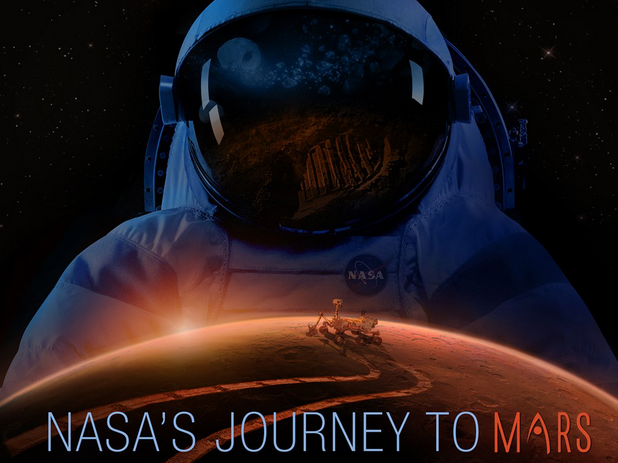A few months ago, SpaceX revealed that the company is prepping to beat NASA and send the first man on Mars within the next 10 years. Recently, Dr. Neil deGrasse Tyson, host of the National Geographic Channel's "StarTalk," expressed his opinion on the plans of Elon Musk's company.
The well-known scientist enumerated several reasons as to why SpaceX would not be able to beat NASA into bringing the first human being on Mars.
Tyson stated that a private company could not handle the cost of that kind of exploration compared to NASA, which the government is funding. According to Tyson, Mars exploration would not only cost a couple of million dollars, instead, an at least $500 billion is needed in order to jumpstart the mission.
"So if you're going to bring in investors or venture capitalists and say, 'Hey, I have an idea, I want to put the first humans on Mars.' They'll ask, 'How much will it cost?' You say, 'A lot,'" quipped Tyson, as reported by Fool.com.
Tyson also explained that going to a distant planet where people do not know what to expect would be very risky. There is a question of whether SpaceX experienced enough to work their way out of the possible cons of the Mars mission. Tyson is almost certain that the inexperience would result to casualties.
"They'll ask, 'Is it dangerous?' You'll say, 'Yes, people will probably die,'" he added.
Lastly Tyson believes that if SpaceX push through with their plan to launch the first man on Mars, it would take a huge dent on the company's finance because not a lot of profit can be generated with this kind of missions. He explains that while SpaceX's intentions are noble, it is still after all a corporation, and as such, it needs to profit from almost all of its endeavours.
Tyson, as reported by The Verge, strongly believes that it is impossible for Musk to find countless billionaires who would be kind and enthusiastic enough to give away their money just so he could fly a hundred people on Mars, without even knowing what they would get in return.
Watch NASA's mission in Mars documentary below:



























